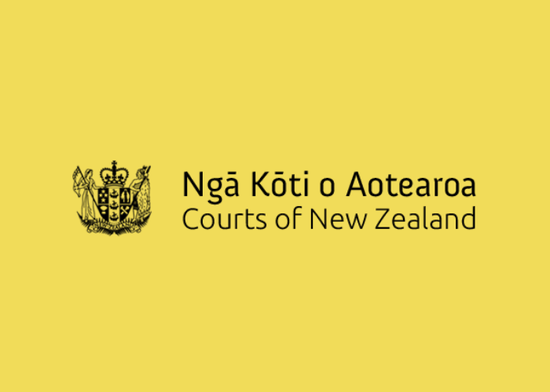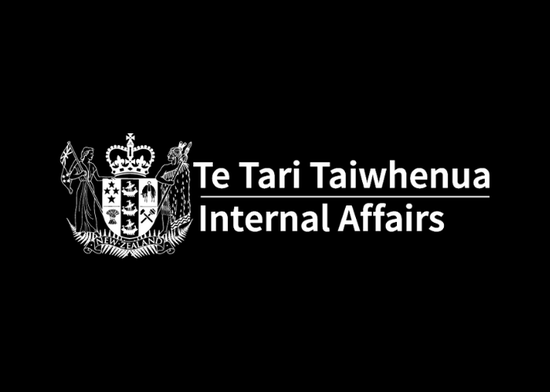Exemptions from classification and labelling
Some types of unrestricted films and all unrestricted games are exempt from New Zealand's classification and labelling requirements. The information on this page will help you decide if your film or game is exempt.
Labelling exemptions for specific types of films
A range of specific types of films are exempt from New Zealand's labelling requirements unless they contain content likely to be restricted under the Classification Act.
A film's owner, supplier or exhibitor must decide whether a film is exempt from labelling.
If you want to work out whether a film is exempt you will need to read section 8 and sections 3 of the Classification Act:
- Section 8 lists the types of films which are exempt from labelling.
- Section 3, section 3A and section 3B explain the type of content that may be restricted.
Members of the public generally appreciate the guidance that rating and classification labels provide. Even if you think your film or game is exempt from labelling, you may want the Film and Video Labelling Body to view it for a rating.
If there is no content in the film or game that requires a restriction, such as highly offensive language or strong violence, it will be given an unrestricted rating of G, PG, or M - depending on its audience suitability. Contact the Film and Video Labelling Body for more information.
Labelling exemptions for unrestricted video games
Video games likely to be unrestricted in New Zealand can be supplied without a label. This includes most video games classified M, PG or G in Australia. However, if you wish to supply your unrestricted video game with a label, you should contact the Film and Video Labelling Body.
Restricted video games must be classified and labelled before being supplied to the New Zealand public. This includes any video game classified MA15+ or R18+ in Australia, or classified 15 or 18 in the UK, or any other video game which is likely to be restricted under New Zealand's classification law.
Video games supplied to the New Zealand public via download must also comply with New Zealand's labelling laws.
Labelling exemptions for trade screenings of films
An unlabelled film may be privately screened for commercial purposes, provided the following criteria are met:
- The film is screened by the maker, owner, or distributor or their agent.
- The screening is for people engaged in the film industry or closely associated with it.
- The screening is carried out in accordance with normal trade practice before the maker, owner, or distributor applies for the issue of a label.
Was this helpful?
If you'd like to know more about this topic, get in touch. We're happy to help.



